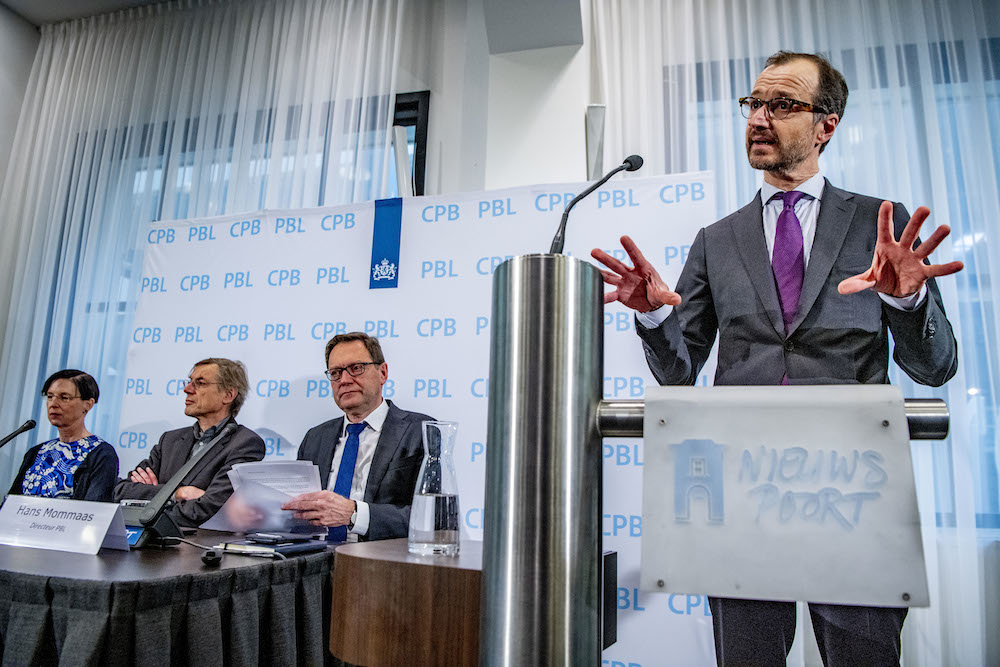Climate plans may miss target, carbon tax for industry is an option


The 600 measures outlined in climate agreement, worked out by ministers, lobby groups and industry last year, may not be enough to reach the governments targets, according to research by the Dutch environmental assessment agency PBL and the macro-economic think-tank CPB.
The two bodies have calculated the impact of the plans – which range from phasing out the use of natural gas to subsidising electric cars – on the target to cut greenhouse gas emissions by 49% compared with 1990 in 11 years time.
The PBL says the plans will lead to a reduction in greenhouse gases of between 31 and 52 mega tons, which means the target of nearly 49 mega tons may not be reached. ‘This is because there are a lot of uncertainties in the agreement and in the way the public and industry will react to the measures,’ the agency said.
‘Political choices need to be made which will take away some of the uncertainties,’ the PBL said. The prime minister and economic affairs minister Erik Wiebes will respond to the findings later.
The CPB says the cost of the agreement will mount to between €1.6bn and €1.9bn, which is well below earlier estimates of €3.9bn.
The measures also indicate that people on low incomes will be harder hit than most, with their spending power going down 1.8% as a result of the new measures.
In the current planning, some 80% of the cost will be passed on to consumers. However, on Tuesday it emerged that ministers are more sympathetic to the idea of introducing a carbon tax on heavy industry.
And prime minister Mark Rutte said after the publication of the cost estimates that ministers would look into bringing in a ‘sensible carbon tax’ which would not lead to Dutch companies moving their operations elsewhere.
Critics
The climate agreement was published at the end of December after nine months of talks between the 300 organisations, lobby groups and private individuals.
Five separate groups worked on the plans, covering mobility, electricity, industry, agriculture and the built environment.
However, environmental groups and the FNV trade union refused to sign the agreement. Green groups are angry that industry won’t face a carbon tax, and the FNV says the impact on low income households will be too great.
Thank you for donating to DutchNews.nl.
We could not provide the Dutch News service, and keep it free of charge, without the generous support of our readers. Your donations allow us to report on issues you tell us matter, and provide you with a summary of the most important Dutch news each day.
Make a donation